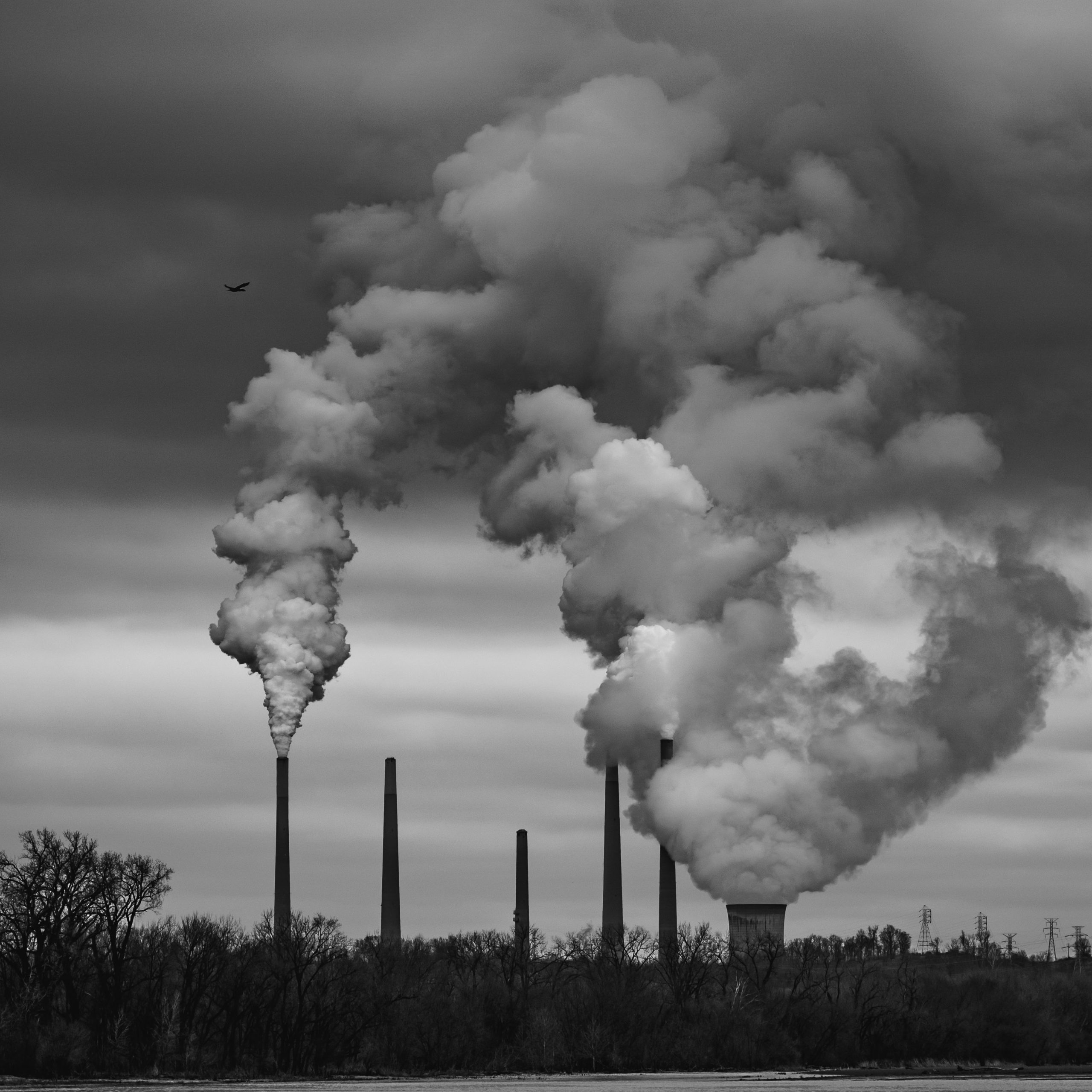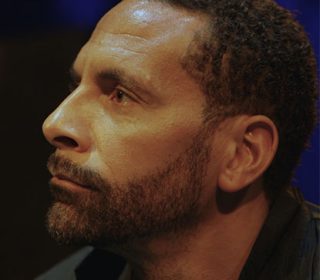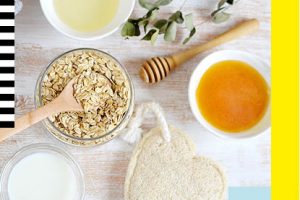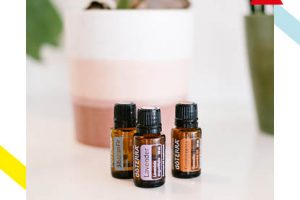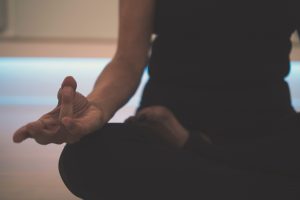How to help stop the world’s biggest invisible killer
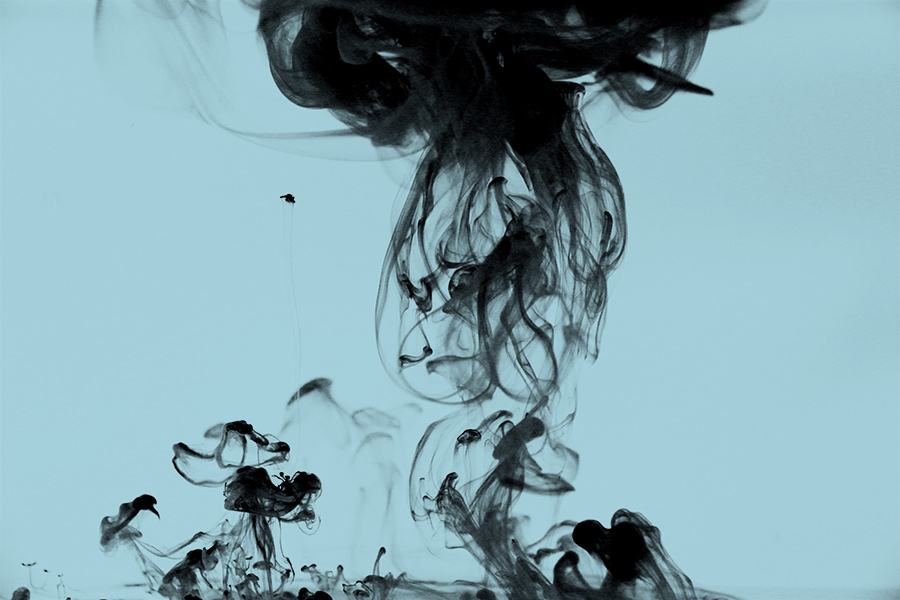
Breathe in… and hold it… and breathe out. That feels better, doesn’t it? Well, you might think so, but your body probably has other ideas. Depending on where in the world you’re living and breathing, the air you’re inhaling right now—and the pollution you’re sucking in with it—could be chopping months or years off your life. A typical European will die nine months early thanks to airborne “particulates” (the technical name for filthy specks of fine pollution, many times smaller than a human hair). In choking global cities like Delhi, urban dirt could shorten your life by as much as a decade.
Pollution is a far bigger problem than most of us think, ending more lives too soon than almost anything else on Earth. Some 7-10 million people die early due to air pollution each year. That’s five times more than road accidents, three times more than cigarettes, 15 times more than all wars and violence, and more than malaria and AIDS combined.
The Covid-19 coronavirus has killed two million people in the last year. But in the panic of the pandemic, we’ve somehow forgotten that air pollution has killed five times more in the same amount of time—and it does so every single year. Surprisingly, air pollution even causes more deaths than obesity and smoking. When people die from heart attacks, strokes, or lung problems, air pollution is often a factor. It plays a part in a quarter of all strokes and heart disease cases and a third of all deaths from lung cancer.
The Invisible Killer
Close your eyes and think of air pollution and you’ll probably picture choking smokestacks and pea-souper fogs from smoggy Dickensian days—all a far cry from the 21st century. But today’s pollution isn’t like that, and most of it doesn’t come from chimneys anymore. Pollution scientists call our modern problem “The Invisible Killer”, because the gases and particulates it contains are far too small to see. Outdoors, in richer parts of the world, most pollution comes from cars and trucks, power plants, wood-burning stoves, factories, and farms.
But even indoors, you’re not safe. Right now, you might be breathing health-harming levels of air pollution from DIY and cleaning products, hairsprays, candles, your wood-burner, and even your gas cooker or central heating boiler. Burn your toast for more than a few seconds and you’ll soon be breathing the same levels of filth as you’d inhale in the choking streets of China. Light a scented candle and you’ll spew particulates into the air at about the same level as you’d find in the grossly polluted Indian city of Hyderabad. Even the cleanest, eco-certified wood-burner will produce six times more pollution than a diesel truck or 18 times more than a diesel car.
We tend to think pollution is made by other people: they cause it; we suffer it. But it should be obvious from the list above that we all cause it, often in well-meaning ways. You can make pollution cleaning a school, baking a birthday cake, or even driving an ambulance. We all suffer it too. About 92 percent of the world’s people breathe air pollution, while 93 percent of children (and 98 percent of under fives) are exposed to the most toxic particulates.
Although most pollution deaths happen in poorer countries, even in richer nations there’s no escape. In the UK, 30,000 people die from pollution every single year. In December 2020, a British girl named Ella Kissi-Debrah made world headlines when a coroner ruled that her death, after a series of acute asthma attacks, was caused by air pollution from the busy London road where she lived. Ella was just nine years old.
All this explains why the World Health Organization calls air pollution “a silent public health emergency”. But it’s not all doom and gloom. In fact, it’s just the opposite. The millions of lives lost to pollution each year are lives we could save. It’s easy to feel overwhelmed by such a big global issue, but it’s also worth remembering that much of the pollution you make will affect you, your family (your children in particular) and your neighbours most of all—so we all have an incentive to make changes if we can.
What positive things can you do to help?
If you’re worried by the air your kids are breathing, start with how you get them to school. Can you walk or bus them or try car sharing with some friends? If you were a pre-pandemic commuter, could you carry on working from home more? Now we’re all in the habit of meeting via Zoom, maybe do that a bit more often and keep the car for holidays and fun days-out?
Wood burners are cosy, but they can fill your home (and your neighbourhood) with dangerous particulates, so get the cleanest one you can, learn how to kindle it so it burns more cleanly, and don’t use it on still days when the smoke will linger.
When you’re cooking, open a window or turn on a fan to keep toxic gases and particulates to a minimum.
Out in the garden, avoid spraying pesticides. Mulch and use ground cover to fight those pesky weeds and if you must use bug killers, paint them on with a brush.
If you’re house proud, watch the chemicals you’re using for DIY and cleaning. Read the labels and plump for low-emission products that keep your family safe; always use good ventilation.
We can’t all be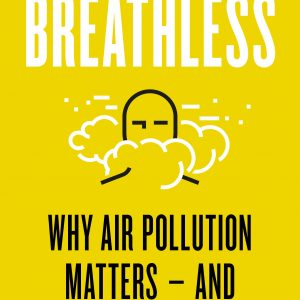
Invisible air is the breath of life. Let’s keep it that way.
Breathless by Chris Woodford is out now on Icon Books



